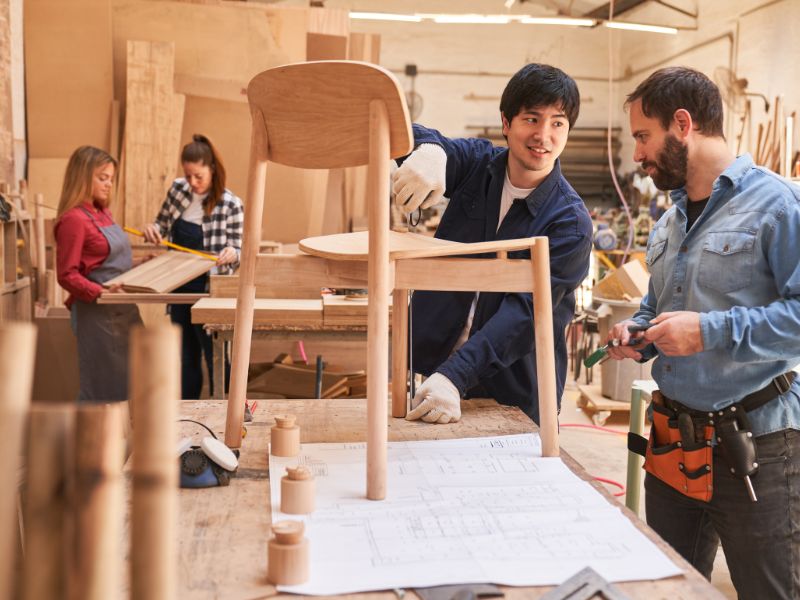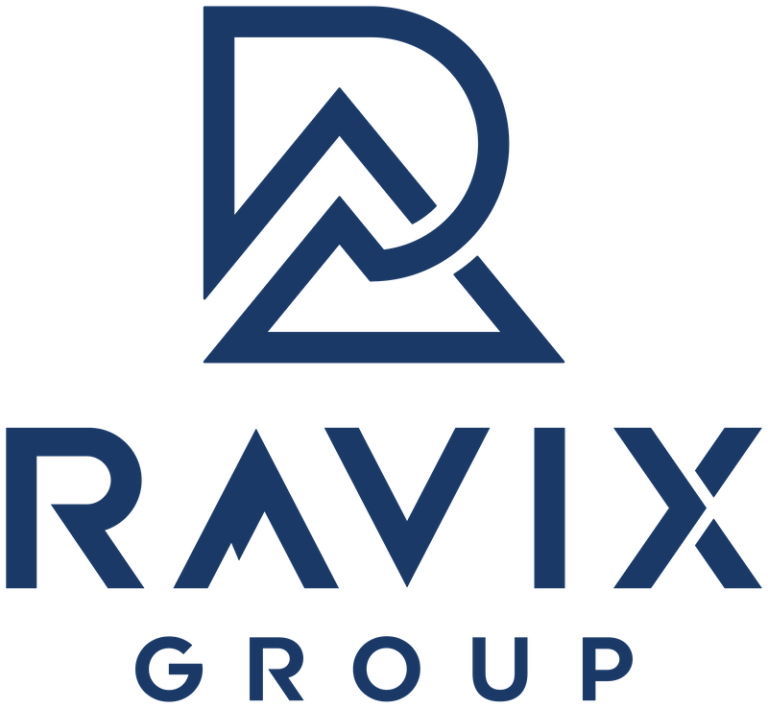As Dr. Doom, a Chief Restructuring Officer, I’ve faced many challenges, but the case of this chair company was particularly intriguing. The founder, an eccentric and brilliant architect, had combined his passion for design with the unparalleled craftsmanship of Amish artisans. Yet, his pursuit of perfection was leading the company to financial peril. It was my task to determine whether this was a business to save or wind-down.
Upon my arrival, I immediately noticed the intricate quality of the chairs but also the lack of streamlined processes. The company’s margins were abysmal, weighed down by inefficient methods and the founder’s reluctance to deviate from his artistic vision. I looked at my notes:
1. Improving Margins: I first focused on the cost structure. By negotiating better terms with suppliers and optimizing production, we could improve the financial health without compromising on quality.
2. Process Documentation: The artistry was the company’s soul, but it lacked a body – structured, documented processes. With documentation, the company can prove its quality methodology.
3. Leadership Adjustment: The founder’s perfectionism, while admirable, was a bottleneck. Is he coachable?
4. Market Repositioning: I saw potential in their uniqueness. The market for luxury, artisan-crafted furniture was untapped, and consumers love a good story about authentically made items.
Turnaround or Wind-Down?
In this case, I felt confident we could turn around the chair company and sell to a larger company that would appreciate the niche craftsmanship and quality developed through the CEO’s vision.
The implementation of these strategies began to show results. The once chaotic workshop transformed into a hub of efficient artistry. Costs were cut, we documented everything so the quality remained high, we rebranded with a focus on our authentic artisan story, and profits began to rise.
As the company’s fortunes turned, it caught the attention of a large furniture conglomerate. They were intrigued not just by the products but also by the story and artistry behind them. The deal they proposed was a testament to the turnaround – buying out the inventory and offering a royalty deal. This ensured continued revenue for the company while the conglomerate expanded the brand’s reach.
This case was more than a financial turnaround; it was a cultural preservation. The Amish craftsmanship gained the spotlight it deserved, and the founder’s vision attained a sustainable platform. My role as Dr. Doom often involves making tough decisions, but in this scenario, the decision led to a revival and a rewarding sale.
At Ravix Group, we specialize in guiding companies through critical transitions, whether it’s a startup turnaround or a wind-down. Our expertise in financial restructuring, operational optimization, and strategic planning can help you navigate your company through challenging times. If your startup is facing uncertainties, let’s connect and explore how we can chart a course for success or a respectful closure.



